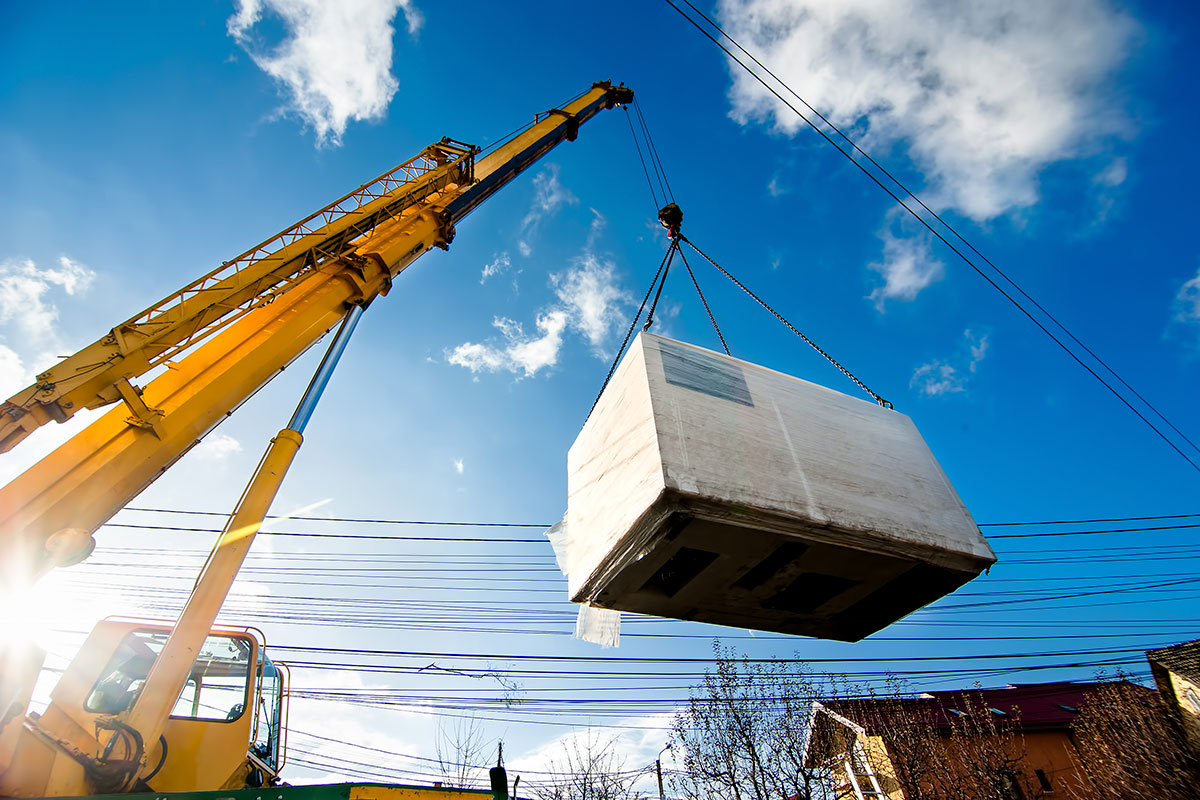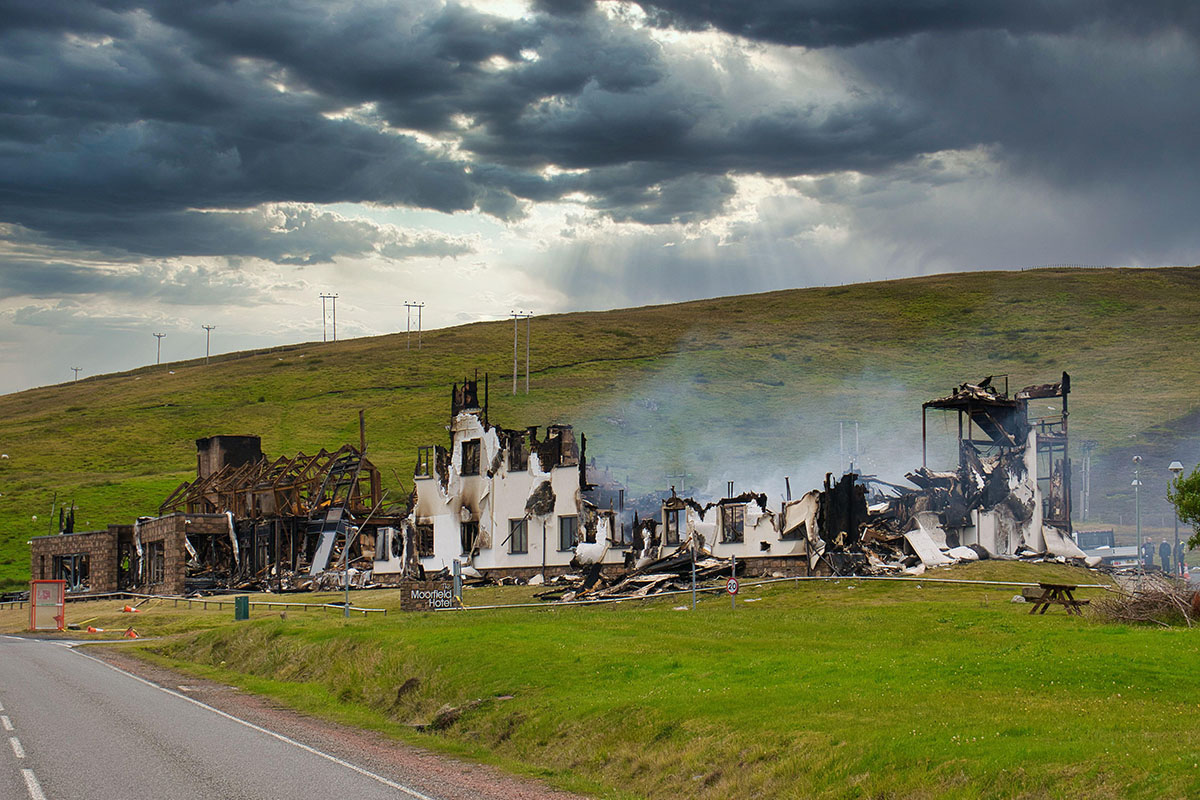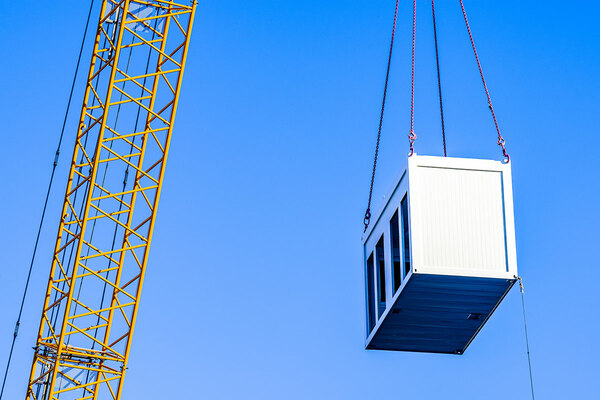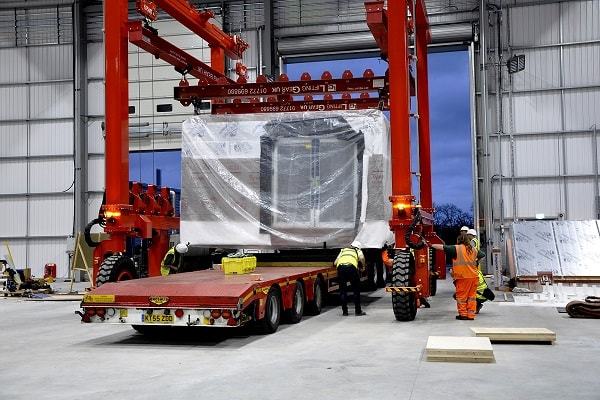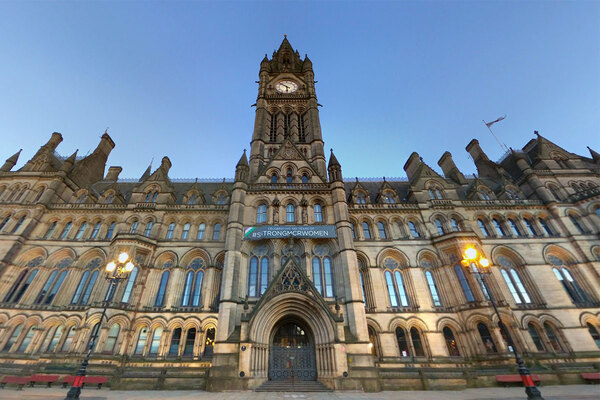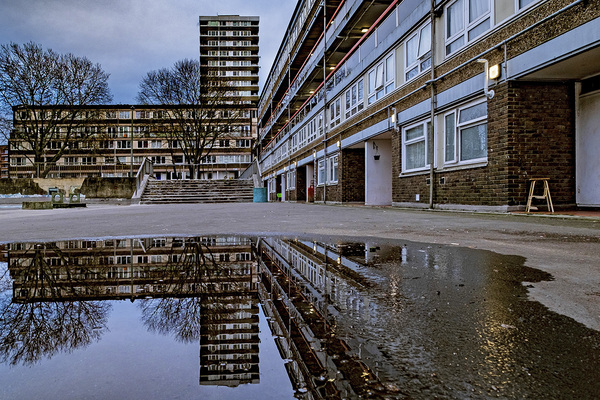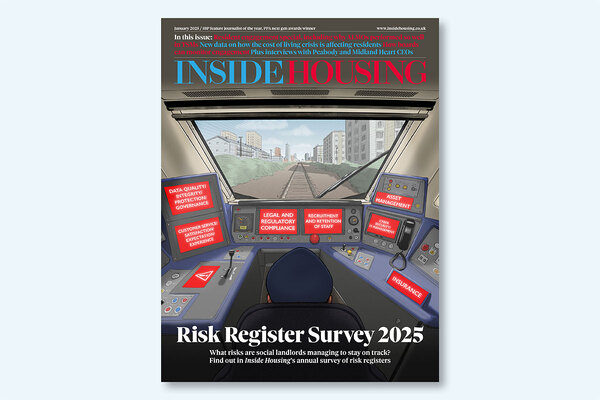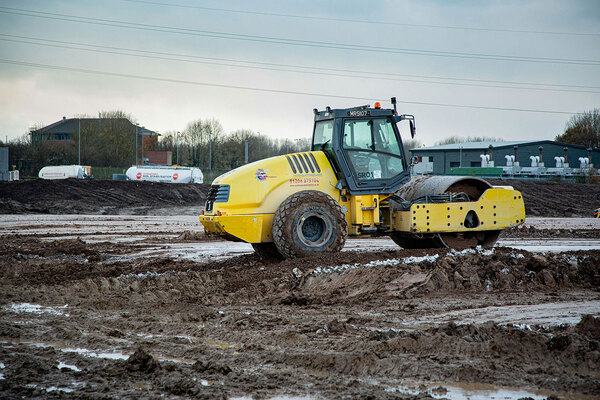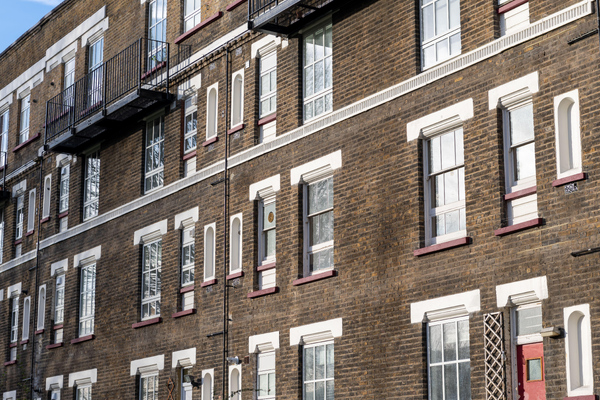You are viewing 1 of your 1 free articles
Government commissions work on new official standard for modern methods of construction
The government has commissioned the country’s leading standard-setting body to publish a new technical standard covering the construction of homes using modern methods of construction (MMC).
MMC, which generally involves the construction of homes or components in factories before they are assembled on site, has been a major focus of government policy in recent years.
Advocates believe it will improve housing quality through the use of factory-based precision engineering, as well as substantially increasing the speed of construction compared to traditional building sites.
But the growing industry has also been plagued by financial difficulty, with a series of major new entrants reporting losses as high start-up costs are not matched by a high volume of orders.
There have also been warnings about the fire safety of new MMC developments, particularly when used for high-rise construction, given that MMC is subject to the same regulations as traditional masonry-based buildings, despite posing unique risks.
The government has now commissioned the British Standards Institution (BSI) to develop a new standard for homes built using MMC.
The new requirements will be introduced by the BSI via a Publicly Available Specification. This specification will set out the recommended technical standards when building homes using a range of MMC categories, as well as defining quality assurance and compliance processes for the sector.
Industry representatives will take part in the first in a series of working groups to inform the new guidance this week, with a further session scheduled next Tuesday.
The government will then hold “specialist advisory groups” with “key stakeholders” before a formal consultation process later this year.
In a press release, it said a universally recognised standard would help “increase choice and access to product warranties, insurance and mortgages”, which it claimed would “reduce costs for homebuilders and consumers”.
Housing minister Lucy Frazer said: “We want to help homebuilding step into the future. This means embracing the latest technology to deliver more high-quality, energy-efficient homes for generations to come.
“Our work with the British Standards Institution and the wider industry will help to do just that – allowing more homebuilders to take up modern methods of construction, creating new jobs and homes across the country.”
The latest announcement follows the appointment of the Building Research Establishment to review whether building regulations guidance on fire safety – contained in Approved Document B – was suitable for MMC.
This work began in March 2021 and is understood to have received more than 100 responses, but has not yet published any public findings.
Experts have previously expressed concern that the presence of large cavities in MMC buildings pose a fire risk if not properly protected. If fire enters a cavity, it can be impossible for firefighters to extinguish as the blaze effectively burns inside the structure of the building.
Fire-stopping and cavity barriers are added when modules are assembled on site, often with limited oversight from building control inspectors. There have been instances where workmanship has been found to be poor, necessitating remedial work.
Some MMC manufacturers also use combustible materials, such as timber or insulated panels for the structure of the building. In 2020, a fire at an MMC hotel in the Shetland Islands resulted in the total loss of the building.
Anthony Burd, head of built environment at BSI Knowledge Solutions, said: “The British Standards Institution looks forward to working with the Department for Levelling Up, Housing and Communities and industry on this hugely important standard. As society’s needs change and in light of the role all of us have to play on the road to net zero, improving levels of building safety and ensuring better design, modern methods of construction will be key to meeting these future challenges.
“The standard will provide essential requirements and guidance for best practice in the residential building sector and much needed assurance for the growing off-site sector.”
Mr Burd, a former civil servant, gave lengthy evidence to the Grenfell Tower Inquiry last year about his time spent working on the official guidance for cladding materials in the early 2000s.
During this period, the government failed to remove an outdated fire standard, Class 0, from the regulations amid industry pressure not to impose tighter rules.
This failure was despite testing which showed aluminium composite material (ACM) cladding with a Class 0 standard catastrophically failing an official test. ACM was the material ultimately used on Grenfell Tower and more than 450 other high-rise buildings around the country.
Sign up for our development and finance newsletter
Already have an account? Click here to manage your newsletters
